
Body image is the perception of a person about his or her physical body (or sexual attractiveness) and the thoughts and feelings that arise due to that perception. These feelings can be positive, negative, or both. Naturally, it has a lasting effect on mental and physical well-being as well as overall personality. It can even impact an individual’s social and professional life.
In layman’s language, the feeling one has when standing in front of a mirror is basically their body image. It is affected by the individual’s own personality as well as societal factors. Clinically, body image is explained as follows:
- How one SEES one’s physical looks is PERCEPTUAL BODY IMAGE.
- It may not always be correct. How one FEELS about his or her body is an AFFECTIVE BODY IMAGE, i.e., the amount of satisfaction or dissatisfaction about one’s physical looks like height, weight, complexion, etc.
- How one THINKS about his/her body is a COGNITIVE BODY IMAGE. This can lead to over-engrossment in one’s body shape and weight.
- The behavior as a result of one’s perception of his or her body is called BEHAVIORAL BODY IMAGE. The person may isolate himself or herself from society if he or she feels bad about his or her body.
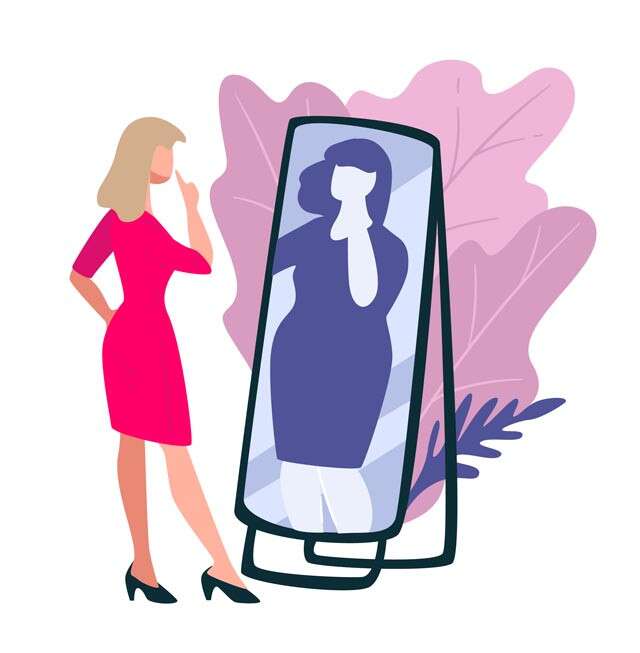
Negative Body Image
Negative body image means having a disoriented perception of one’s physical appearance, which results in excessive self-consciousness or shyness.
People with low self-esteem, low self-confidence, or those on either side of the ideal body index are at a higher risk of having a negative body image.
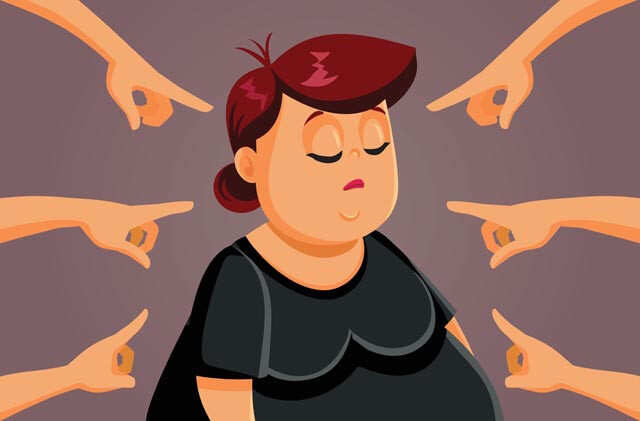
Causes of Negative Body Image
- Sometimes, “Body Dysmorphic Disorder” can lead to a negative body image. It is a mental illness in which a person obsessively feels that some part of his or her body is severely flawed and needs to be corrected.
- Societal norms about an “ideal body” force a person to think too much about their physical appearance, which can lead to a negative body image.
- Social media is also responsible for increasing the number of cases of poor body image among girls these days.
- Super skinny models and the “size zero” concept have led to starvation and eating disorders in many.
- Not only weight and shape, but advertisements about fairness creams have also compelled girls to feel bad about their complexion.
- The fashion and cosmetics industry can be called a culprit for creating a nearly impossible “ideal body shape," which leads to constant dissatisfaction among people about their own bodies.
- Body-shaming is done by the so-called “fashion police.”
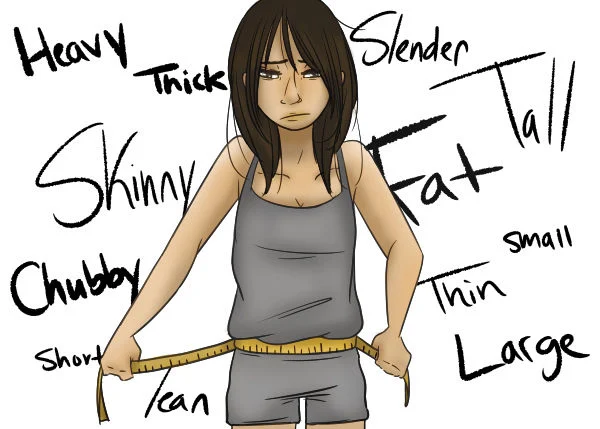
Effects of a Negative Body Image
- Chronic negativity about one’s body image can lead to various psychological issues, like eating disorders, anxiety, isolation, and starvation.
- It can make individuals feel insecure and engross them in a dark loop of correcting the “defects” they have in their bodies. For example, getting a nose job done repeatedly even when there is no problem with the original one.
- The individuals can isolate themselves from society completely or feel very embarrassed and shy while coming in front of anyone.
- Individuals can go to extremes while choosing ways to correct that “glitch” in their bodies.
- It can result in obesity or malnutrition.
- It can lead to depression and extremely low self-confidence.
- In the case of adolescents and children, it can lead to repeated absences from school and social gatherings.
Positive Body Image
Positive body image refers to having a clear and true perception of one’s body. In addition to celebrating and appreciating the body’s attributes, it also requires an understanding that an individual’s appearance does not reflect his/ her character or self-worth.
People with good self-esteem often have a positive and confident attitude about their body and mind and can recognize their strengths as well as their personal values and worth.
How to Develop a Positive Body Image?
- Stay healthy: Your shape, size, and weight wouldn’t matter if you were internally healthy and physically fit.
- Eat healthily: Don’t stop eating for the sake of losing weight; rather, make healthier eating choices. Though you can always indulge yourself once in a while, You can get the help of a professional nutritionist instead of dieting yourself.
- Be a good person: And everyone will love you for who you are rather than how you look.
- Never stop dressing: Always remember, you will look beautiful by how you carry yourself, not how you look. Dress up according to your choice, not what others would think.
- Respect your body: If you respect your physical self, others will also respect you.
- Concentrate on improving your skills rather than your looks. Looks take a backstage if your talent and skills are more visible to others.
- Learn meditation and breathing exercises: This will help you calm yourself down whenever you get negative thoughts about your body.
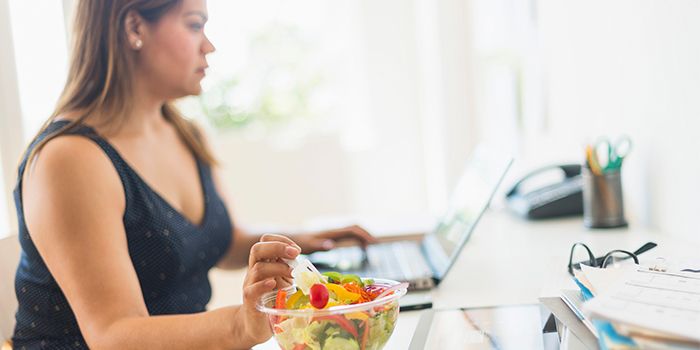
Tips for Parents
In order to avoid the development of a negative body image in children and adolescents, parents should:
- Develop a habit of healthy eating among children from a young age.
- Keep a positive and healthy environment about physical appearance and put the focus on being fit.
- Inculcate the habit of exercising regularly.
- Never criticize anyone about their body or clothing in front of young children.
- Never indulge in body-shaming.
- Always promote skills and talent development.
- Always work towards boosting the self-confidence of their children.
- Develop a value system based on good moral values.
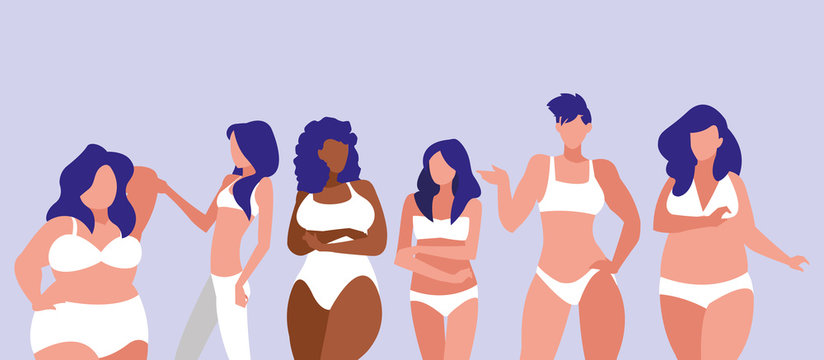
Disclaimer: Consult a psychologist if you see any signs of Body Dysmorphic Disorder or Eating Disorder in yourself or any of your close friends or family.


.png)


